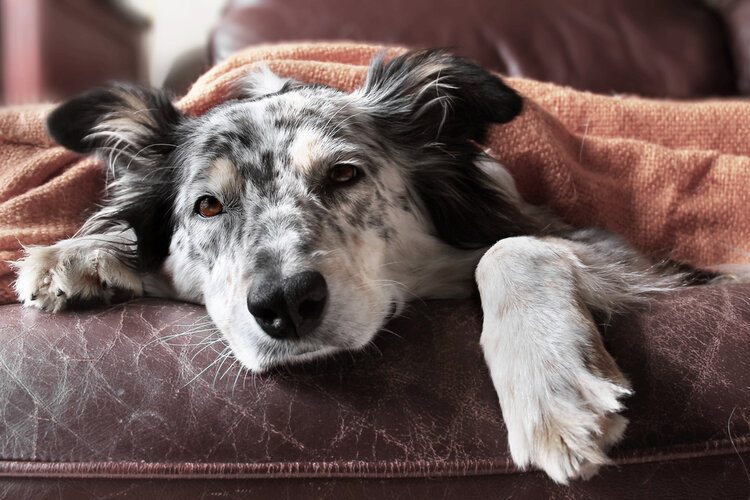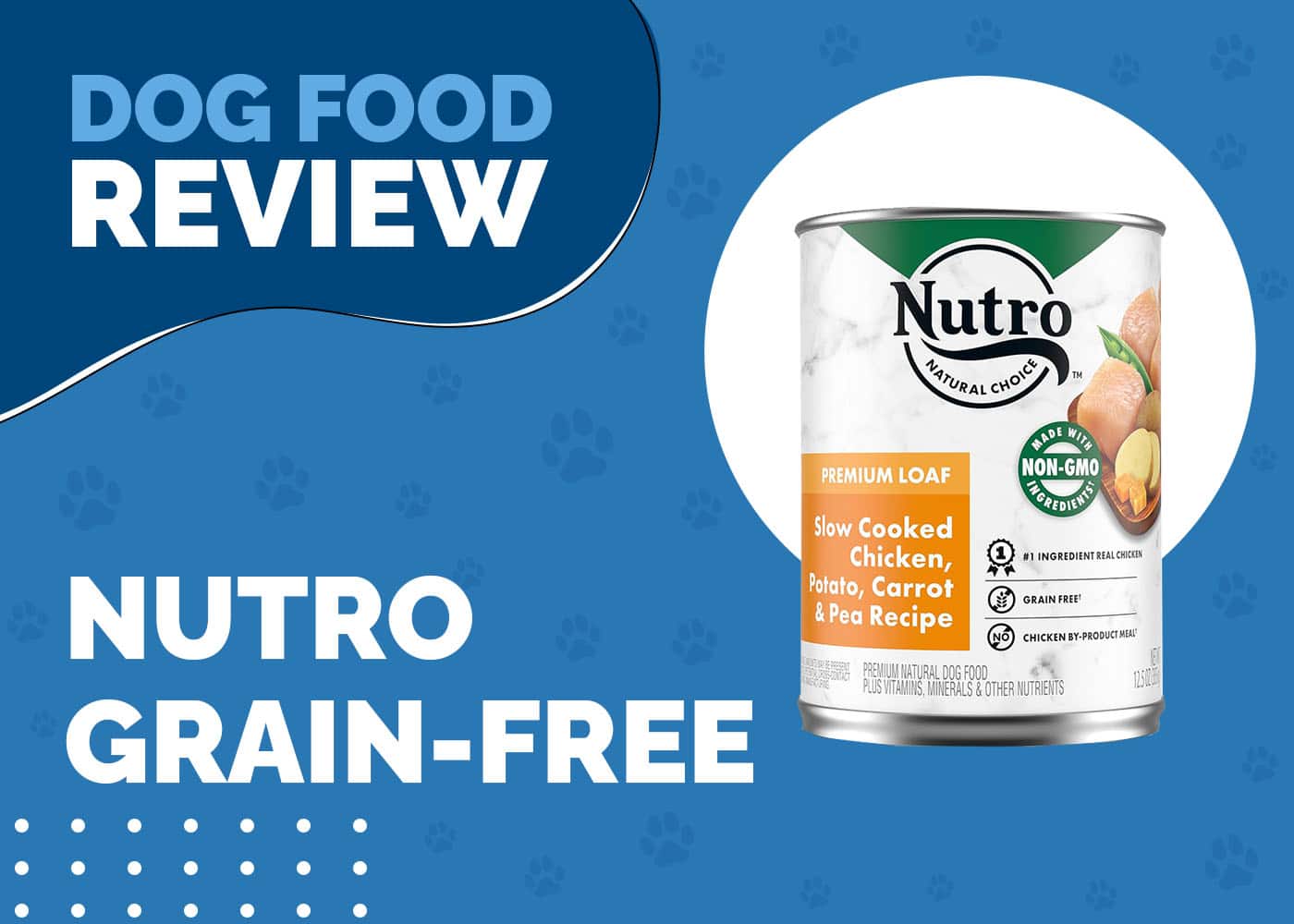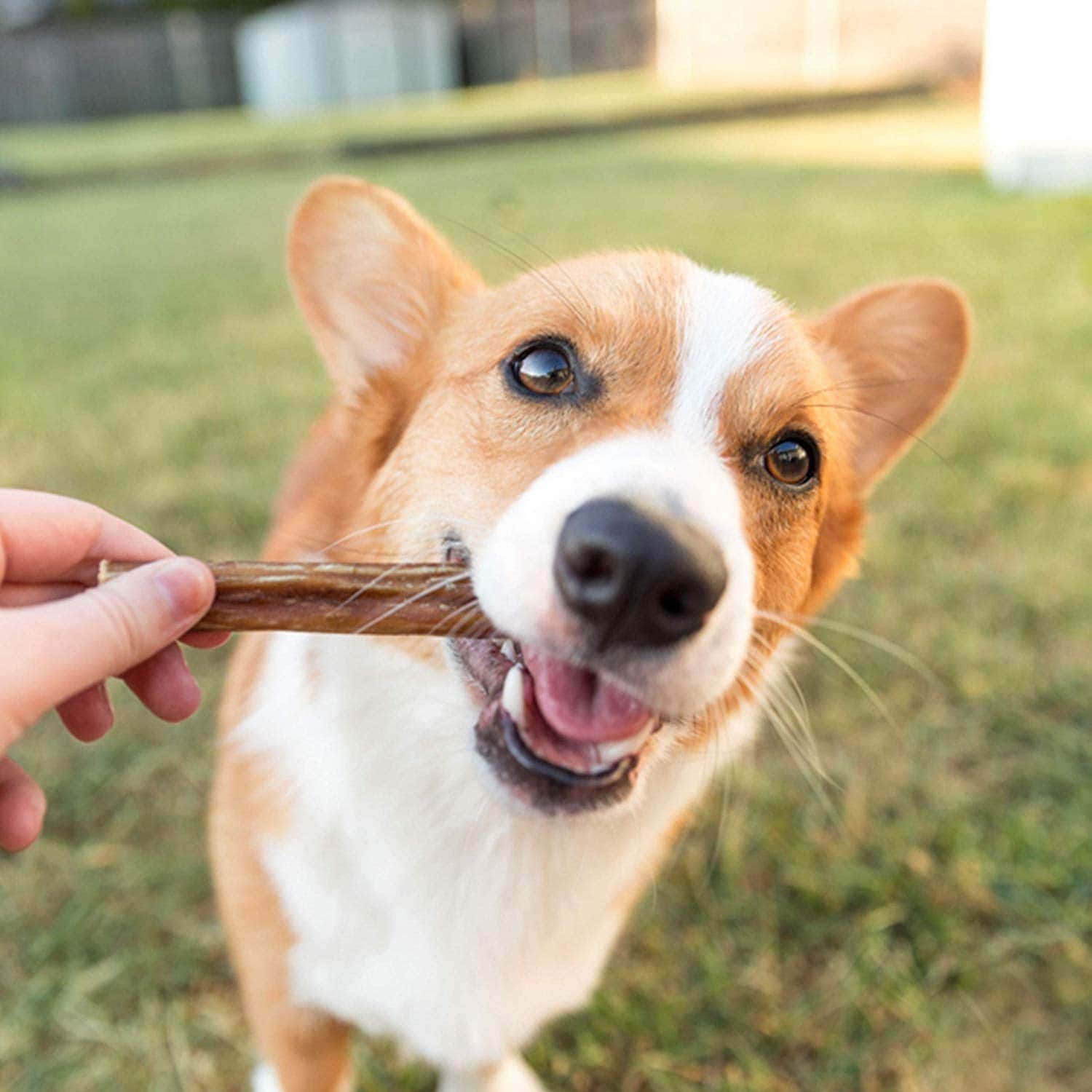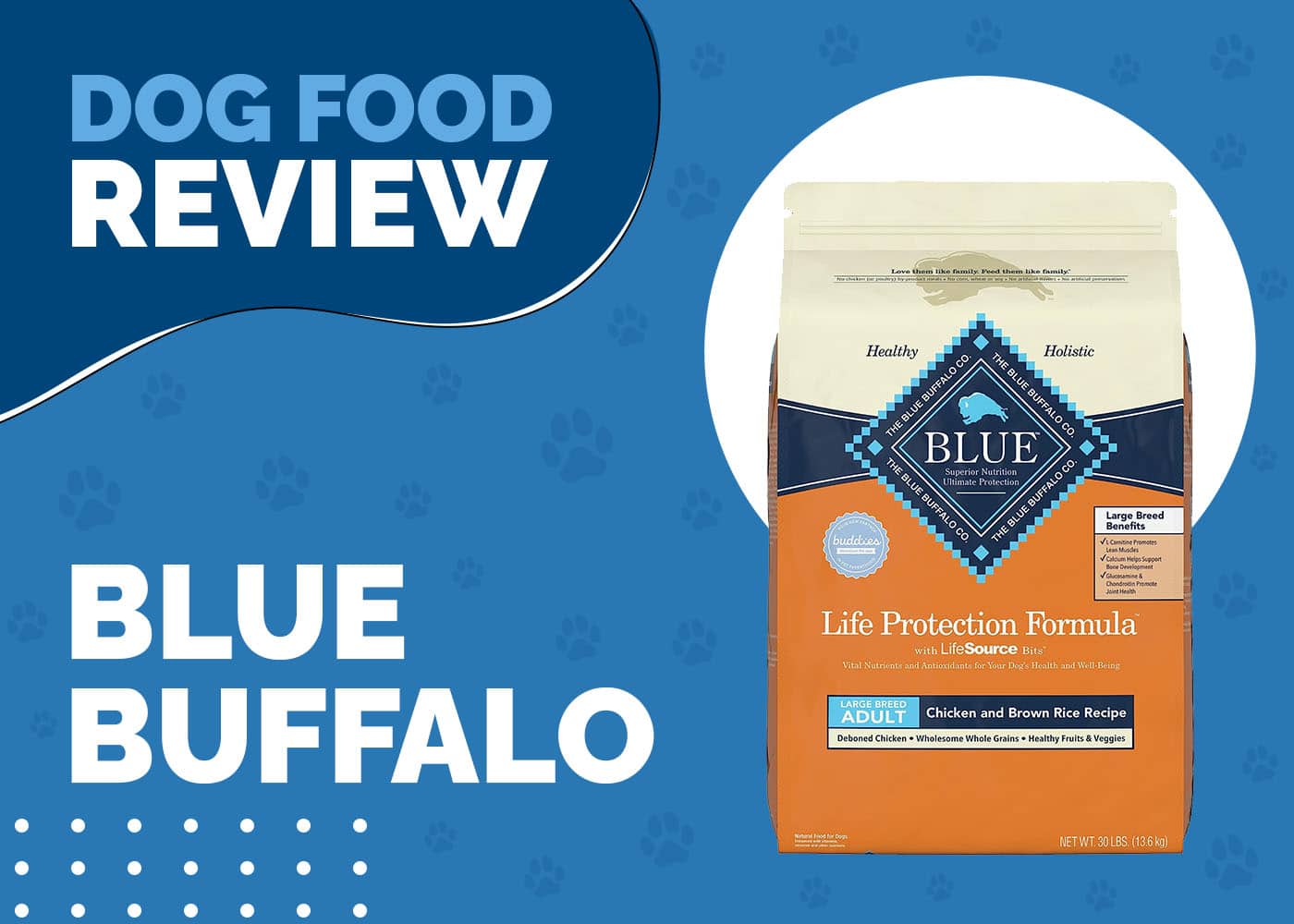Can Dogs Eat Onions? Are Onions Safe for Dogs? Vet-Approved Facts & FAQ

Updated on

Onions are pervasive in human diets and can be found in all kinds of foods, so many people wonder if they’re safe for dogs. Although many vegetables are okay to give your pup, onions in any form are toxic to dogs and should be very strictly avoided for canine consumption.
Why Are Onions Toxic to Dogs?
Onions and other foods in the allium family — shallots, leeks, scallions, garlic, and chives — contain multiple sulfur compounds, some of which are responsible for their characteristic odor. Few of these sulfur-containing compounds are highly toxic to dogs and can cause major health issues, two of which are n-propyl-disulfide and n-propyl thiosulfate.1 These toxins can be fatal in large quantities since they damage your dog’s red blood cells. This leads to major issues like anemia and hemolysis (irreversible destruction of red blood cells), both of which can prevent oxygen from being transported effectively to your dog’s muscles, heart, kidneys, and brain.

Is Cooked Onion Okay?
None of the toxins in onions are rid of or denatured through the cooking process, so cooked onions are just as dangerous as raw onions.
This means that any meal that is cooked with onion is unsuitable for your dog and could lead to poisoning. Never offer your pooch your food if you cook with onions, and always check pre-made foods for onions or similar ingredients so you can avoid giving onion to your dog in any capacity.
What About Food Made With Onion Powder?
Just like with cooking, the process of drying onion into onion powder doesn’t get rid of the compounds that are toxic to dogs. According to the American Kennel Club, food made with onion powder is just as dangerous for your dog as eating raw or cooked onions. In fact, onion powder should be considered even more dangerous because it is really just highly concentrated onion.
Since onions and onion powder are so prevalent in the foods we eat, you need to be very careful not to give your pup any amount of onion accidentally.

How Much Onion Can Be Fatal for My Dog?
The answer to this question isn’t the same for every dog, and the exact amount will depend on a few factors, the largest of which is your dog’s weight.
Consumption of as little as 15 to 30 grams of onion per kilogram of body weight in dogs (or per 2.2 pounds) has resulted in anemia and blood picture abnormalities. Onion toxicosis is consistently reported in dogs that eat more than 0.5% of their body weight in onions at once, which corresponds to 100 grams of onion in a 20-kilogram dog (45 pounds). For context, a large onion weighs in excess of 250 grams, so less than half of a large onion could be very toxic for your dog.
Onion powder is dangerous in even smaller quantities because it’s a concentrated form of onion. One tablespoon of onion powder often contains the equivalent of a medium onion, and this small amount can be fatal if consumed by your pup.
How Do I Know if My Dog Ate Too Much Onion?
If you’re not sure if your dog ate something that contained onion, contact your vet for advice. They may recommend that you monitor your pooch carefully and check often for signs of onion poisoning. If your dog has definitely eaten onions, your vet will recommend prompt treatment to ensure signs of toxicity do not occur or can be treated in time.
The ASPCA notes that signs in your dog can include vomiting, hematuria (blood in urine), unusual fatigue, pale gums, excessive panting, and an elevated heart rate. These signs can take some time to present themselves, so you’ll want to keep a close eye on your dog for several days or even as long as one week if you think they may have eaten a small amount of onion. Depending on the dose of onion they ate, dogs can also experience diarrhea, decreased appetite, abdominal pain, drooling, and, in more severe cases, even kidney damage. Signs of this include increased drinking and urination at the onset of the illness, followed by decreased urination.

What Do I Do if My Dog Eats Onion?
The best practice following onion consumption by your dog depends on how much onion they’ve had. Even if you believe that they ate a very small amount of onion or a food made with onion, you should still contact your vet for advice. This will give you some valuable peace of mind. They may recommend that you carefully watch for signs of toxicity at home before taking further action unless they are worried that your dog may have ingested a significant amount based on their body weight. While no amount of onion is okay for dogs, a very small quantity likely won’t be fatal, especially if you have a medium or large dog, but it’s best to be safe than sorry.
If you find your dog munching on your onion rings or a large amount of some other food made with onion or onion powder, you should take them to the vet immediately. Take note of how much onion your dog may have eaten and relay that to your veterinarian.
Your pup’s doctor may induce vomiting in a safe and controlled manner using specific medication and may also take other measures, such as administering activated charcoal to purge the onion and reduce the absorption of the toxins from your dog’s system before it causes major health complications. Sometimes, however, your pooch may need to stay hospitalized if they ate a significant amount of onion and the small two-hour window to make them vomit has passed. This allows them to be closely monitored and receive supportive treatment and intravenous fluids, or sometimes even blood transfusion, in cases of severe anemia.
Conclusion
Onions and other foods belonging to the allium family like garlic and scallions are highly toxic to dogs and should be avoided in their diet at all costs. Even small amounts can be dangerous, and cooked onion and onion powder can be just as dangerous or more dangerous than raw onion. If your dog does get into food that was cooked with onion, take them quickly to the vet to help limit the toxic effects this food can have on your pooch.
See Also:
- Can Dogs Eat Garlic? Is Garlic Safe for Dogs? Vet Approved Facts
- Can Dogs Eat Scallions? Know if It Is Safe!












